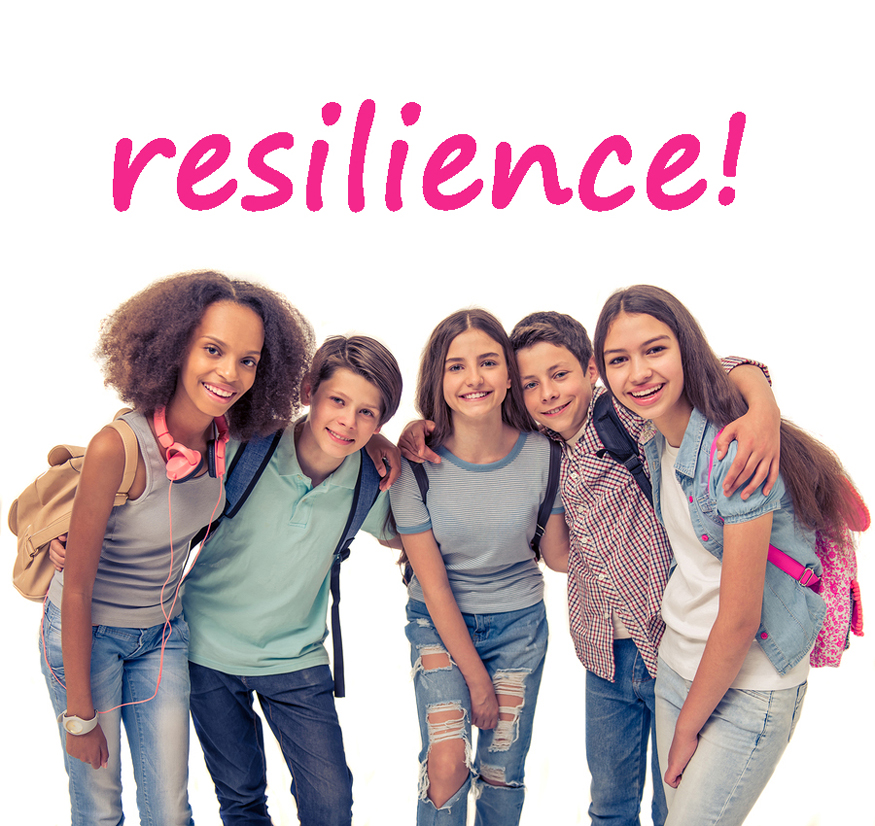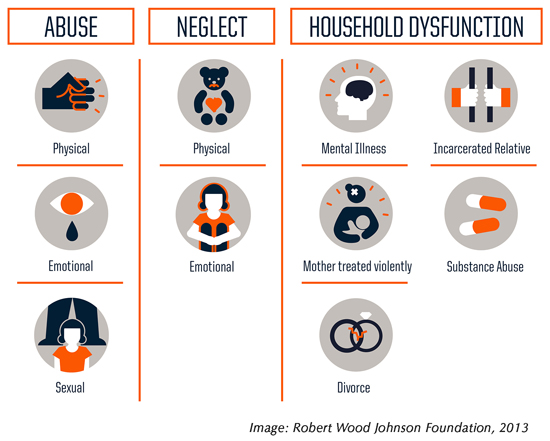by Angela Quijada •

Resilience, to me, is the ability to constantly and quickly bounce back in any situation that exerts physical, mental, emotional, or spiritual stress.
All of us are born with some resilience. Some people build most of theirs as they grow. They have both a genetic connection to resilience and life experiences that give them an opportunity to continue to exercise the “craft” of bouncing back.
I’m not quite sure if I was born with resilience, but I do know that I have it. There are many ways to harness and master the art.
Assessing ACEs
One way to understand more about resilience is to find out what your ACE score is. An ACE assessment is a test that measures an individual’s adverse childhood experiences (ACEs). (For more on ACEs, see the box below.)
After taking the assessment, which ranges from scores of 1-10, you will be able to understand yourself more and which coping skills work best for you.
Personally, I had resilience long before taking the ACE assessment. However, the assessment helped me to understand myself better and why I would be or act a certain way towards others or specific situations.
As a former foster youth, my ACE score was a 9/10. This was alarming at first. However, you must remember that information is a good thing.
Act on What You Learn
Of course, it’s what you do with information that counts. How can you address something if you have no idea it exists?
It’s kind of like being oblivious in a toxic relationship. You have no idea what a healthy blueprint of a relationship looks like, so you just endure the high toxicity until you find out on a show, from a friend, or on the internet that being yelled at and aggressively shoved are not signs of a good relationship.
With that information, you can then seek assistance. In this scenario, couples counseling or learning how to effectively communicate would be helpful solutions.
Be Honest with Yourself
This leads to the next extremely significant way one can build resilience: being honest with yourself. Sometimes it may be hard to understand or accept the reality of your current situation. As a youth who experienced traumas before, during, and after foster care, I can say that it was difficult, at first, to fully acknowledge all of the events that led up to who I am today.
It’s important to be honest with yourself every step of the way. You have to really understand who you are and what makes you upset, angry, frustrated, excited, joyous, ecstatic, etc. Honesty matters because after you recognize and understand who you are, you can heal.
Patience, Purpose, and Self-Care
Being resilient means being patient with yourself, persisting even if you don’t get something right the first time . . . or the second . . . or the third. Patience helps you persevere through all obstacles.
Find your purpose. Look deep within and ask yourself who or what is my motivation? What’s keeping me going? Who am I doing it all for?
Remember to always take care of yourself. Self-care is something anyone and everyone should learn to obtain. Things like yoga, reading a book, poetry, meditation, taking deep breaths, and creating a garden are a few hobbies that can get your mind off everything for a few moments. This will help you reassess what or how you’re thinking about something and build resilience!
Now, get out there warriors and start perfecting the art of your own resilience!
Resilience is me.
Resilience is YOU.
Resilience is us.
Angela Quijada is a Regional Assistant for SaySo.
* * * * *
More about ACEs
The Adverse Childhood Experiences (ACEs) study looked at the following broad types of negative childhood experience:
Over 17,000 people who had health insurance completed a survey about their childhood experiences and current habits and behaviors. Researchers compared the number of ACEs (between 0 and 10) each person reported to their medical health record. (Note: while the study looked at 10 types of negative childhood experiences, there are many more possible sources of trauma.)
The ACEs study revealed strong links between adverse childhood experiences and risky behavior, psychological problems, serious illness, and life expectancy. In fact, on average people with six or more ACEs died nearly 20 years earlier than those with no ACEs.
Want to know your ACE score? You can find the assessment online at https://bit.ly/1W34LaB.
But let’s be clear: an ACE score isn’t a crystal ball. Assessments of ACEs don’t factor in positive experiences in early life that can help build resilience and mitigate the effects of trauma. Jack Shonkoff, a director of Harvard’s University Center on the Developing Child, noted in an interview with NPR that, “There are people with high ACE scores who do remarkably well.” According to Shonkoff, resilience builds throughout life. Close relationships are key (Starecheski, 2015).



